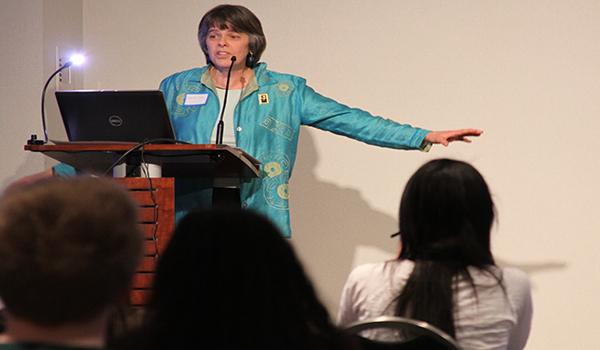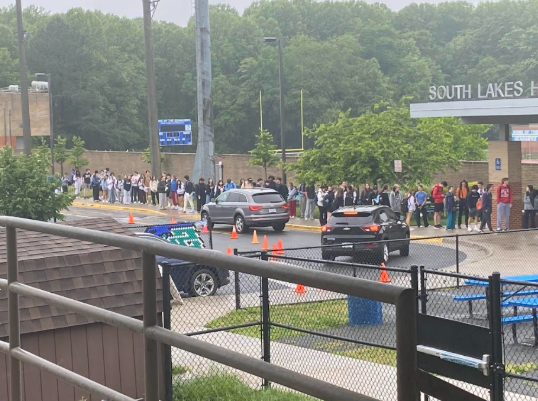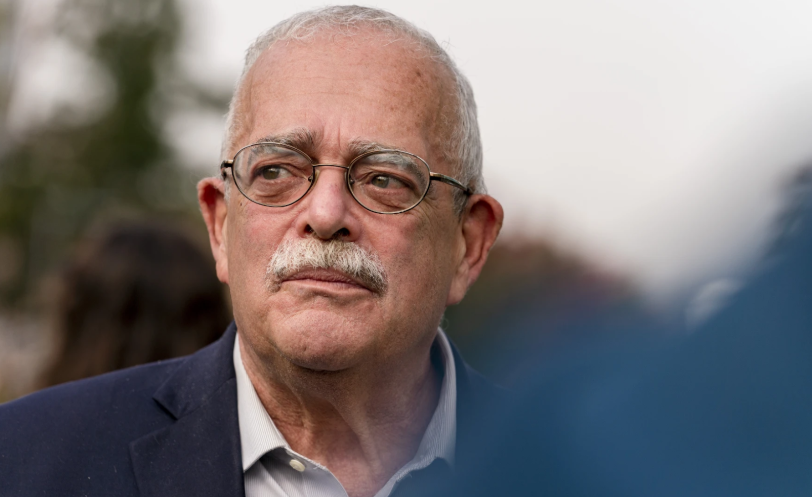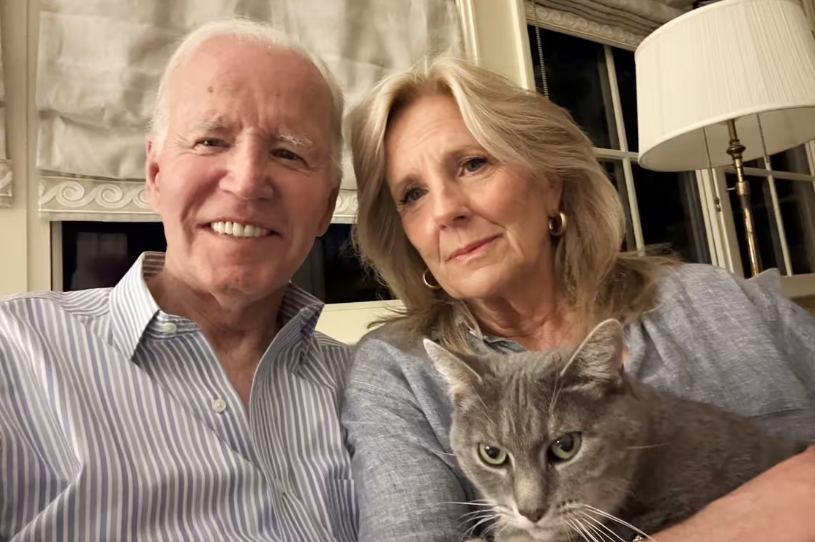Mary Beth Tinker, one of the plaintiffs in a landmarks student’s right case, Tinker vs. Des Moines – 1969, believes that freedom of speech is fundamental. Tinker and a group of students decided to wear black armbands to school to protest the war in Vietnam.
Tinker spoke at a conference at the Washington Post, Washington D.C. Feb. 21 to a group of scholastic journalists.
“If you see something going on that’s not fair you have the right to do something about it,” Tinker said. “The war made me really sad. Us kids, decided to do something about it. We wanted to say something about the sadness.”
When the administrators found out about the student’s protest they called Tinker and others involved to the office.
“The principal found out about our plan and were not happy,” Tinker said. “The principal thought it would be too controversial, but we all knew that controversy made our lives interesting. I didn’t know what to do. I was a good little girl. I wasn’t a rule breaker.”
Tinker had learned about the First Amendment, and therefore wanted to do her part.
“We were not hurting anyone,” Tinker said. “I had learned about the First Amendment, so I thought that we kids should have rights too. My dad was against it, but once we explained that it was our right to do he liked the idea.”
On the other hand, the school board learned of the protest and decided to pass a preemptive ban. Whoever wore the armbands would be suspended.
The school board’s decision upset Tinker. Therefore, the case was brought to the courts attention.
“It went to district court, appeals court,” Tinker said. “We lost, we kept losing. Then it got appealed to the Supreme Court. They thought this case was really important.”
The court’s final ruling in Tinker v. Des Moines was that First Amendment rights to freedom of speech and expression applied to public schools. The court also ruled school officials could not censor student’s speech unless it disrupted the educational process.
The court was not the only one that believed Tinker had the rights of wearing a black armband.
“The American Civil Liberties Union thought that we should have right too,” Tinker said.
After the fight of freedom of speech, Tinker continued to protest and did not realize what an immense impact she had made in society and the history of free speech.
“It seemed like such a small thing,” Tinker said. “I didn’t realize it was such a big deal until I was in nursing school and my case was in my nursing textbook, and I saw Tinker vs. Des Moines. It has affected my life a lot. We thought we were doing such a small thing.”
Tinker’s last few words were to encourage students to make a stand in what they believe in.
“Keep speaking up and speaking out,” Tinker said. “The power of young people is to stand up for what’s right and what they believe in. Of course you’re going to be scared sometimes, but it’s ok. We all are to speak up about something controversial,” Tinker said.














